Businesses are afraid of... procedures
According to the Ho Chi Minh City Department of Construction, the rate of completed social housing apartments has not reached expectations, that is because the compensation and site clearance work at some social housing projects is difficult, prolonged, the project progress is slow, or even impossible.
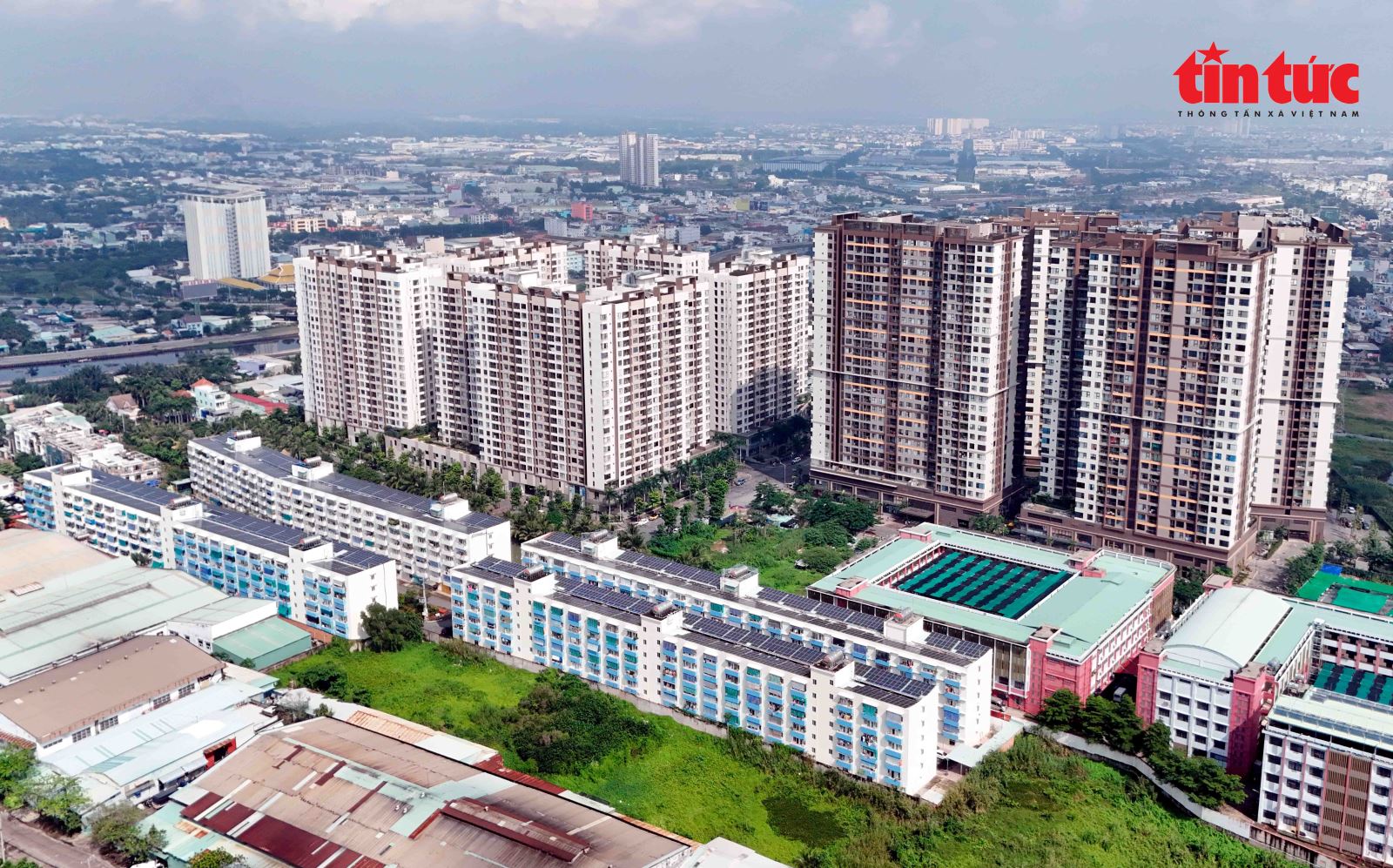
A series of apartment projects in An Lac ward (Ho Chi Minh City).
For commercial housing projects (NƠTM) with a land use scale of over 10 hectares, although the land fund of 20% for social housing construction has been determined, the project investor is slow to implement site clearance compensation or invest in technical infrastructure construction, so construction investment has not been implemented.
“Investors of NƠTM projects are slow to hand over 20% of the land fund at the project to the State to implement social housing construction investment or slow to implement social housing projects on this 20% of land. Long-term capital sources to support investors to borrow to implement social housing projects, borrow capital for construction, and beneficiaries of social housing policies to borrow capital to buy houses are not stable,” added a representative of the Ho Chi Minh City Department of Construction.
Meanwhile, according to Mr. Nguyen Duy Chuyen, a financial and real estate expert, Ho Chi Minh City does not lack land, but rather lacks systematic planning. "If an area is fully planned with infrastructure, schools, parks, and transportation, it is entirely possible to build dozens of high-rise apartment buildings. But when the planning is fragmented and the land is divided into small pieces, only a few dozen low-rise houses can be built, causing serious waste of land funds," said Mr. Nguyen Duy Chuyen.
In addition, the investment procedures for social housing projects are still complicated. In addition to the procedures for approving investment policies, recognizing investors, approving detailed planning at a scale of 1/500, approving investment, allocating land, calculating land use fees, and making deposits like commercial housing, social housing projects must conduct appraisals of social housing prices, confirm the subjects of purchase and lease-purchase of social housing, and review documents, etc., which prolong the time, increase opportunity costs, and discourage investors. Meanwhile, the mechanism for land valuation and determining financial obligations is still cumbersome and overlaps between agencies.
"There are many reasons for the lack of social housing, but the most prominent is that the process of applying for permission to build social housing is very complicated. Meanwhile, building commercial houses is easier and more profitable, so why choose a more difficult option with less profit? Besides, urban planning is not suitable. Many land plots are only allowed to build low-rise houses with low construction density, making it impossible to implement large-scale social housing projects," said Mr. Nguyen Duy Chuyen.
Not only are businesses involved in this field facing procedural difficulties, they also face many financial difficulties. Mr. Nguyen Van Thanh Huy, Deputy General Director of Becamex IDC Corporation, shared: "The biggest challenge for businesses is capital pressure and input costs. Expenses for site clearance, infrastructure investment, and loan interest have all increased sharply, while the profit margin of the social housing segment is controlled at a low level, making it difficult for businesses to preserve cash flow."
In addition, implementing a social housing project often takes many years to complete legal procedures, from changing land use purposes, approving planning, to granting construction permits, construction, procedures for issuing pink books... "The lengthy procedures cause many projects to stagnate, costs to increase, and financial risks to increase. Without a specific support mechanism, it is very difficult for businesses to maintain long-term investment motivation," Mr. Huy emphasized.
According to Mr. Nguyen Van Thanh Huy, another difficulty is the problem of balancing social goals and economic efficiency. Social housing is forced to keep selling prices low, while the costs of materials, labor, and infrastructure remain at market prices. Without preferential credit sources or price support mechanisms, businesses have almost no profit. This shows why the number of businesses participating in social housing investment is very low compared to the commercial housing segment.
There are still many shortcomings
In addition to cumbersome legal procedures, social housing also faces the problem of unsuitable geographical locations. Ms. Pham Thi Hang, a teacher in Chanh Hung Ward (Ho Chi Minh City) also said: "My workplace is right in the city center, while most social housing projects are built in remote areas such as Binh Duong or Hoc Mon. This makes commuting, teaching and taking care of the family very difficult."
Dr. Nguyen Kim Duc, Deputy Director of the Institute for Regional Development Research and Consulting, Ho Chi Minh City University of Economics, said that the land fund for social housing in Ho Chi Minh City is still very limited. In many places, there is land but a lack of synchronous technical and social infrastructure such as transportation, schools, and hospitals, making it difficult to implement projects effectively. "It is impossible to have a sustainable residential area if there is only housing but lacks service infrastructure and connected living space," Mr. Duc commented.
In addition, although Ho Chi Minh City has a loan policy for low-income people through the City Housing Development Fund (up to 900 million VND with a preferential interest rate of 4.7%/year), this loan amount is still low compared to the value of the house and the loan recipients are limited.
“The conditions for buying social housing are also inadequate. Only those who are really in difficulty and do not own real estate can buy, but the current regulations only apply within one province. Therefore, there will be cases where people in other provinces own many houses, but if they do not own a house in Ho Chi Minh City, they can still buy social housing. On the contrary, workers with an income of about 16 million/month are eliminated because they do not meet the application requirements,” Mr. Chuyen further analyzed.
In addition, there is still a situation where many social housing apartments are registered in the names of people who do not really need to live there. This distorts social security policies and reduces the public's trust in the social housing program.
Final article: Creating a transparent mechanism to prevent speculation
Source: https://baotintuc.vn/phong-su-dieu-tra/phat-trien-nha-o-xa-hoi-tai-tp-ho-chi-minh-bai-2-vi-sao-nha-o-xa-hoi-van-mai-thieu-hut-20251012100030361.htm


![[Photo] The Steering Committee of the 2025 Fall Fair checks the progress of the organization](https://vphoto.vietnam.vn/thumb/1200x675/vietnam/resource/IMAGE/2025/10/20/1760918203241_nam-5371-jpg.webp)

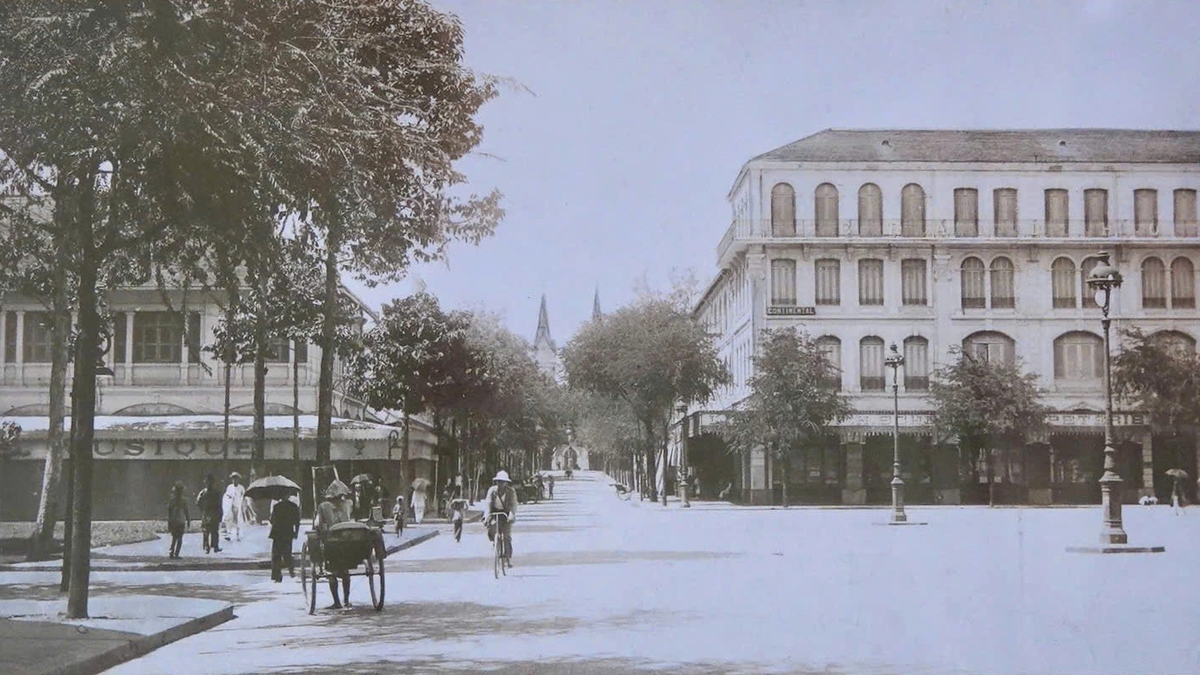
![[Photo] Solemn opening of the 10th Session, 15th National Assembly](https://vphoto.vietnam.vn/thumb/1200x675/vietnam/resource/IMAGE/2025/10/20/1760937111622_ndo_br_1-202-jpg.webp)
![[Photo] Chairman of the Hungarian Parliament visits President Ho Chi Minh's Mausoleum](https://vphoto.vietnam.vn/thumb/1200x675/vietnam/resource/IMAGE/2025/10/20/1760941009023_ndo_br_hungary-jpg.webp)
![[Photo] National Assembly Chairman Tran Thanh Man holds talks with Hungarian National Assembly Chairman Kover Laszlo](https://vphoto.vietnam.vn/thumb/1200x675/vietnam/resource/IMAGE/2025/10/20/1760952711347_ndo_br_bnd-1603-jpg.webp)
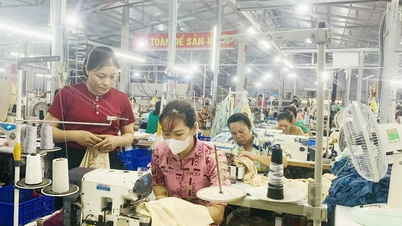













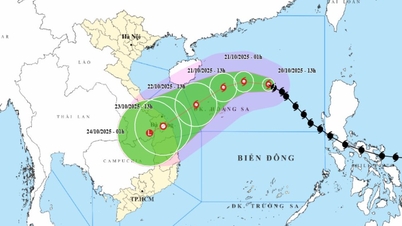

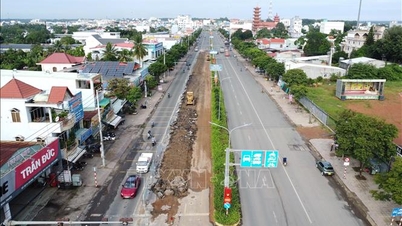






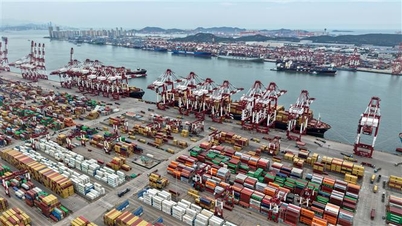
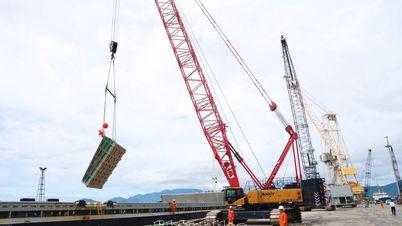
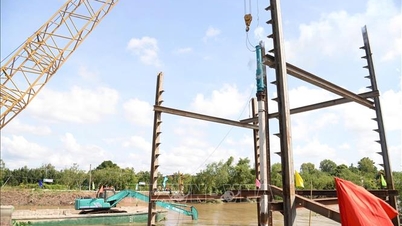








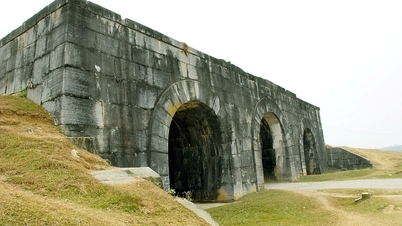




















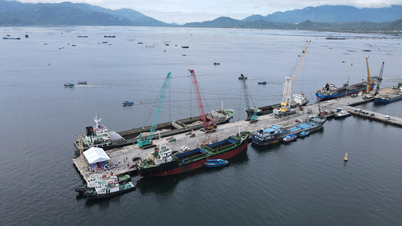

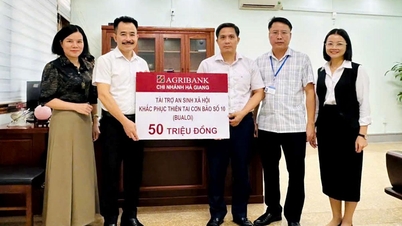











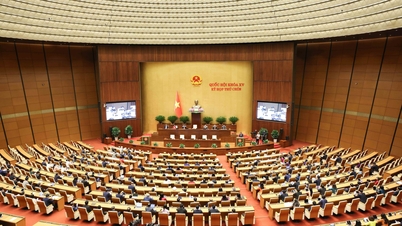











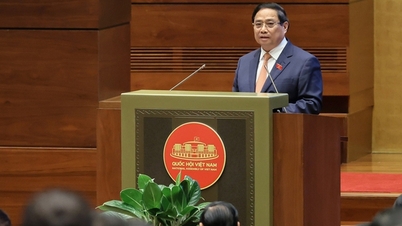








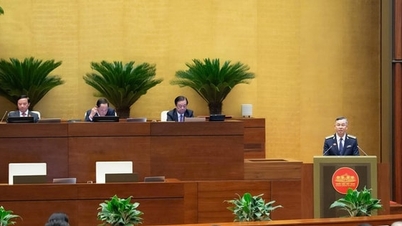













Comment (0)